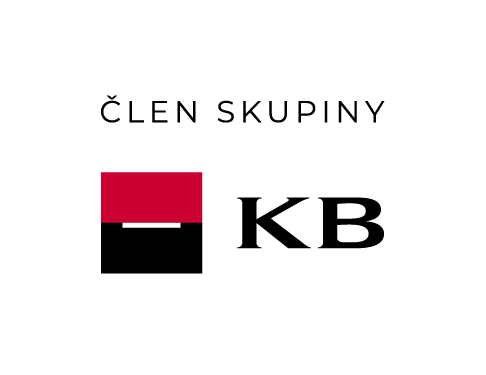10/11/2005

Czech Legislation - Enviros
Legislation Report – summary
The report deals with an analysis of the draft amendment to Act on Energy Management in the wording of Senate Press Matter No. 1097/2005 and includes supporting materials for further works on the preparation and discussion of the draft and the related implementing regulations.
The report is a part of efforts to fulfil one of the basic objective of the Phare Project, ie. to incorporate the provisions of Directive 2002/91/EC on the energy performance in buildings („the EPBD“) and of the forthcoming set of CEN standards into the Czech legislation.
The report is focused particularly on the preparation of both the Executive Decree of the Ministry of Industry and Trade laying down the details concerning energy performance assessment in buildings and the Executive Decree of the Ministry of Industry and Trade laying down the rules for inspection of boilers and air conditioning systems. The proposals for secondary legislation were based as much as possible on the latest drafts (prEN).
This phase outcomes include:
- Changes were proposed to the Energy Management Act (EMA) so that the requirements of the EPBD were fully reflected in the Act. The updated draft Act is under approval procedure in the Parliament;
- The executive decree to the draft Act (EMA) transposing the Article 8 and 9 of the EPBD has been developed and submitted to the Ministry of Industry and Trade;
- The framework for implementation of the Articles 3 to 7 of the EPBD has been proposed:
- The integrated indicator for the energy performance of a building was selected and proposed – a weighted sum of delivered energy per annum (GJ/a). Weighing factors were proposed.
- Methods for calculating the indicator and the individual energy consumptions per energy use were proposed, these being advanced degree-day method (mainly for family houses and simple residential houses, and other simple buildings) and monthly method for all more complicated buildings using e.g. cooling, artificial ventilation ad heating at the same time.
- As to rating of the buildings, asset rating was proposed to be used for new and reconstructed buildings, while operational rating was proposed for buildings when sold or rented and for public buildings.
- Buildings to be exempt from the requirements were defined, the energy certificate proposed – both written and graphical part of the Certificate;
- Both asset and operational rating were described and explained and also the relevant CEN and Czech standards
- The environmental, technical and economic assessment of alternative systems has been proposed based to a large extent on already existing practice in energy auditing in buildings; this will have to be performed for all new buildings above 1000 m2 as a part of the certification procedure. Dimensioning of individual systems has been left to the relevant CEN standards;
- Energy efficient measures in buildings have been summarised and a list of recommended measures in individual energy uses was developed to be considered in existing buildings under reconstruction and in case of the building certification. Economic evaluation of the energy saving measures was proposed.
Drafts of the secondary legislation documents could not be submitted in their final texts, as at the time of completion of the project the discussion on the basic documents had not been still concluded. The status of the process was following:
- Draft amendment to Act on Energy Management was passed to the second reading in the Parliament on 25th October 2005 and
- CEN standards are in the process of approval and will be completed in the following years. Their implementation into the Czech legislation will be carried out in the future, too.
Both the analysis and prepared proposals show, that, if possible, further simplification should be sought that would make the system for evaluating energy performance in buildings easier to apply.
From the performed analyses and supporting documentation prepared for the formulation of implementing the EPBD in the Czech Republic, as well from discussions at the Working Group and the seminars major conclusions and recommendations include:
- The entire process of energy performance evaluation, which in addition to thermal protection of a building includes also energy systems in the building, is in case of calculating according to prEN extremely demanding and complex either to understand or to elaborate the building certificate;
- And that – in any case – it will be necessary in order to simplify the calculations for energy performance certificate to generate a new, or adapt already existing calculation tools used abroad (separately for simple buildings and more complex buildings);
- A number of supporting data, benchmarks and information, that would be broadly available and make the assessment and the preparation of EPB certificates more simple need to be developed.
Zpět na předchozí stránku


